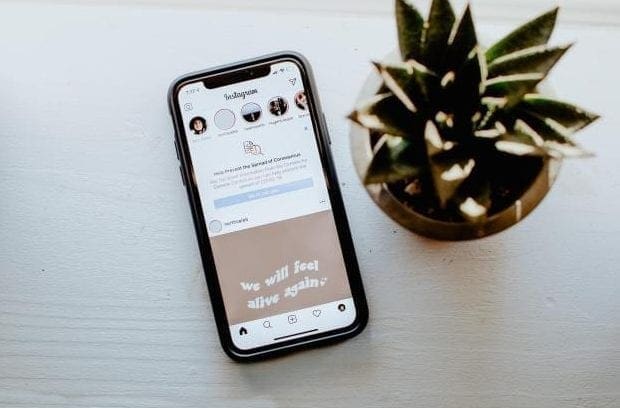Months ago, I saw that a blue-check account I follow on Instagram had added a post after having gone silent for weeks. My whole body perked up, to the extent the posture of a writer can be free of a soft shape. Her Mexican lover had left her, after they began living together inside of a home with hand-painted tiles.
Possibly because of that morning’s news about wildfires ravaging life in the west, I paused, why do I care? I felt grimness in the fixity and in the idea of its absence. I felt the same way about the fires.
We all know the experience of being on Instagram usually only mimics a sense of closeness, a case of form over substance. You see parts of an influencer’s life every day, the mundane and the fantastic—but that’s where it ends. What we’ve become good at as a society is the structure for making someone feel like they know who we are; we’ve become worse at actually being known. And now we’re forming and feeding mellow fandoms while our data is being harvested.
Despite all of this, I still feel invested in the people behind the accounts that I depend on for daily humor, inspiration and practicality. So, what should I call these non-relational attachments? What to call affection and concern for something not embodied (an account) but real (the person or thing it’s about)? It sounds like making language of faith. We once filled a similar void with words, and those words placed crosses against open skies.
I don’t think it’s incorrect to say that I enjoy these accounts because they hold me in a place between fixity and ambivalence. I can care without an emotional tax that would pierce my mood longer than my scrolling lasts. They let me exist at a minimized frequency of my own humanity, and this is some kind of ease, or it’s the farthest thing from tedium.
Without my fullest sense of self-present, staring at an algorithmic feed begins to make me mistake pacification as a way to relax, as a way to feel control. In our attachment to influencers, we feast on “feeds” and thumb blue glows that will never tumor.
I’ve started copying and pasting sentences and singular words of posts and printing them out. Then I slice them up and make them scurry on my lap and try to build small stories or poems from the noodly heap. I work to create meaning, connection and hope between the gaps.
Existing outside their original environment, the words look paltry and vulnerable, like they’ve defected. I’m reminded of the unsteadiness of language, how it can be as unpredictable as the death date of a warming planet. But I’m sure that some kind of answer is still here, regardless of our attachment to influencers.
Main image by @alexbracken
Hanna is a writer and editor based in Detroit and New York City.
- Hanna Guidohttps://thedigestonline.com/author/hguido/
- Hanna Guidohttps://thedigestonline.com/author/hguido/
- Hanna Guidohttps://thedigestonline.com/author/hguido/
- Hanna Guidohttps://thedigestonline.com/author/hguido/


